Long Pepper vs Black Pepper: A Flavorful Comparison for the Spice Lover
Table of Contents
Introduction
If you're a spice enthusiast or a professional in the culinary world, you've probably heard of black pepper. But have you ever come across long pepper? This ancient spice has been around for centuries but often gets overshadowed by its more popular cousin. In this article, we'll dive into the world of long pepper vs black pepper, exploring their origins, flavors, uses, and how they stack up against each other. Whether you're a seasoned chef or just starting out, this guide will help you make an informed choice when it comes to your spice rack.
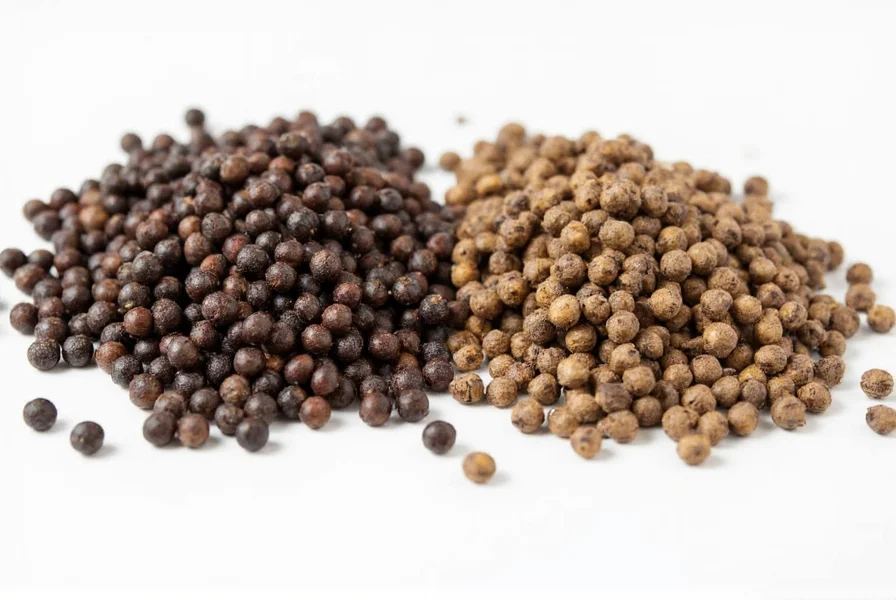
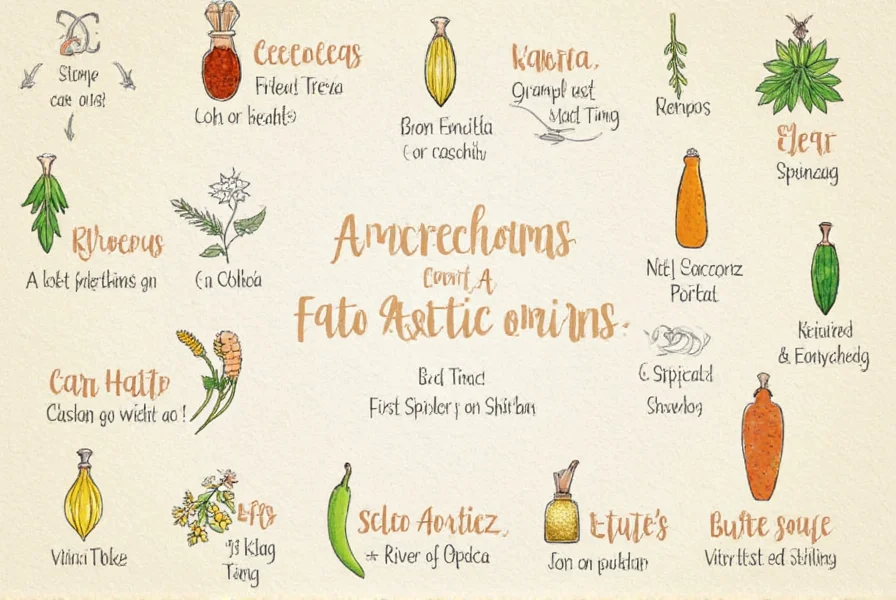

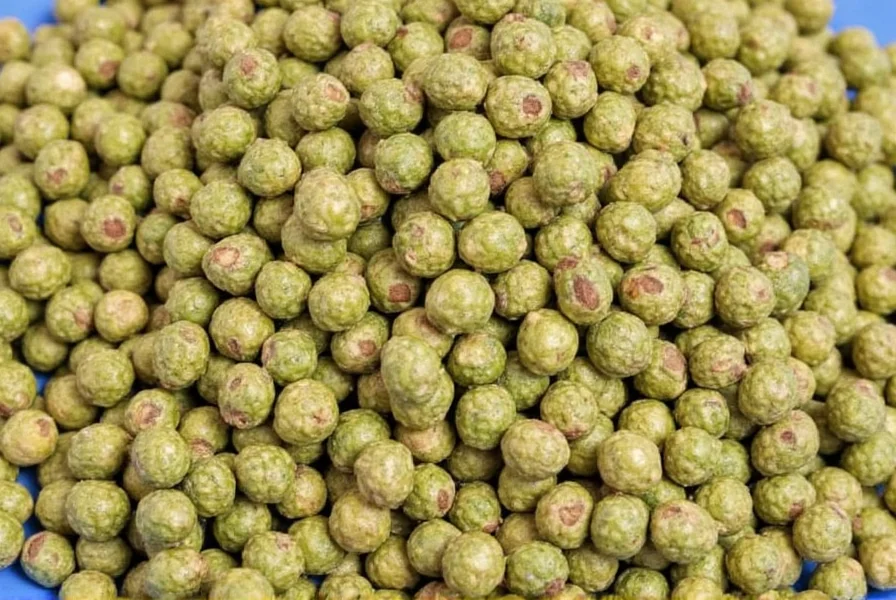
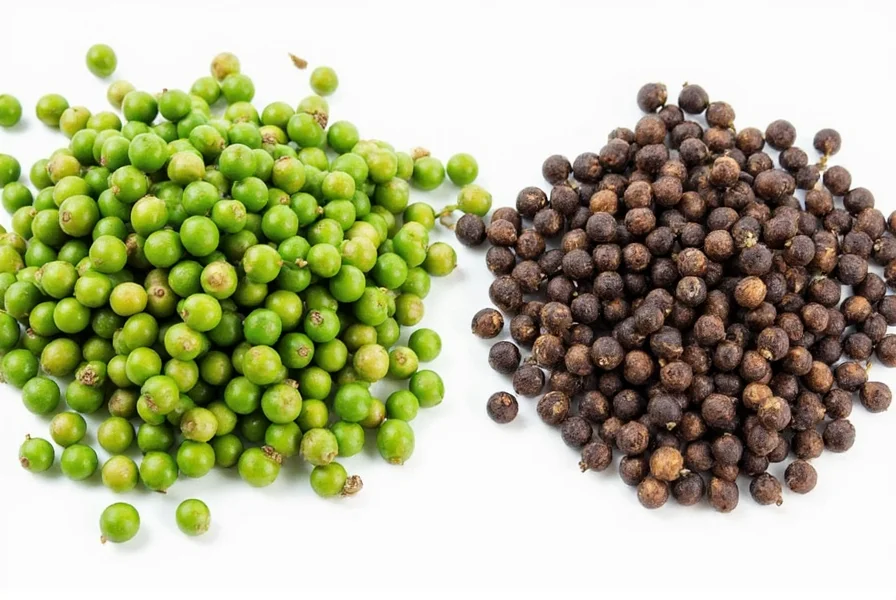
What is Long Pepper?
Long pepper (Piper longum) is one of the oldest known spices in the world. It's native to India and Southeast Asia and was once highly valued in ancient civilizations like Greece and Rome. Unlike black pepper, which comes from the dried berries of the Piper nigrum plant, long pepper is the dried fruit of the Piper longum vine. The pods are elongated, resembling small cigars, and are typically used whole or ground into a powder.
Historically, long pepper was not only used as a seasoning but also for its medicinal properties. It was believed to aid digestion, reduce inflammation, and even act as a natural aphrodisiac. Today, it’s making a comeback among chefs and food lovers who are looking for unique, complex flavors.
What is Black Pepper?
Black pepper is the most commonly used spice in the world. Derived from the unripe berries of the Piper nigrum plant, these berries are harvested, sun-dried, and then turned into the familiar black peppercorns that we use in kitchens everywhere. Its sharp, pungent flavor makes it a staple in almost every cuisine.
Black pepper is versatile and can be used in both raw and cooked dishes. It pairs well with a wide range of ingredients and is often used to enhance the flavor of meats, vegetables, sauces, and even desserts. Its popularity stems from its bold taste and widespread availability.
Key Differences Between Long Pepper and Black Pepper
While both long pepper and black pepper come from different species of the Piper genus, they have distinct characteristics that set them apart:
- Appearance: Long pepper has long, slender pods, while black pepper is round and compact.
- Flavor: Long pepper has a more complex, spicy-sweet profile, whereas black pepper is sharper and more pungent.
- Uses: Long pepper is often used in traditional Indian and Middle Eastern cuisines, while black pepper is a global kitchen essential.
- Availability: Black pepper is widely available in grocery stores, while long pepper is less common and may need to be sourced from specialty stores or online.
| Feature | Long Pepper | Black Pepper |
|---|---|---|
| Origin | India and Southeast Asia | India, Indonesia, Vietnam |
| Plant Source | Piper longum | Piper nigrum |
| Pod Shape | Long, slender | Round, small |
| Flavor Profile | Spicy, sweet, earthy | Pungent, sharp, slightly citrusy |
| Common Use | Indian, Middle Eastern, traditional medicine | Global, everyday cooking |
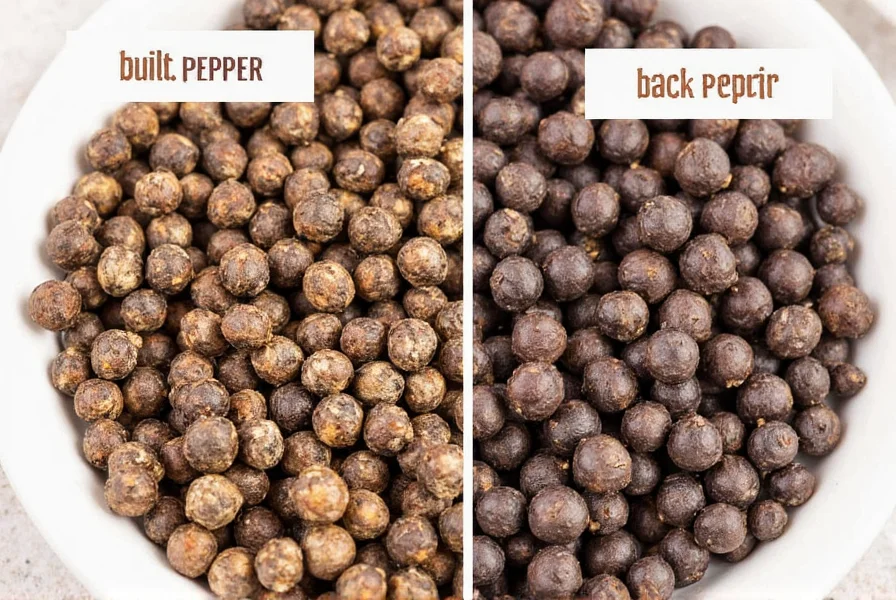
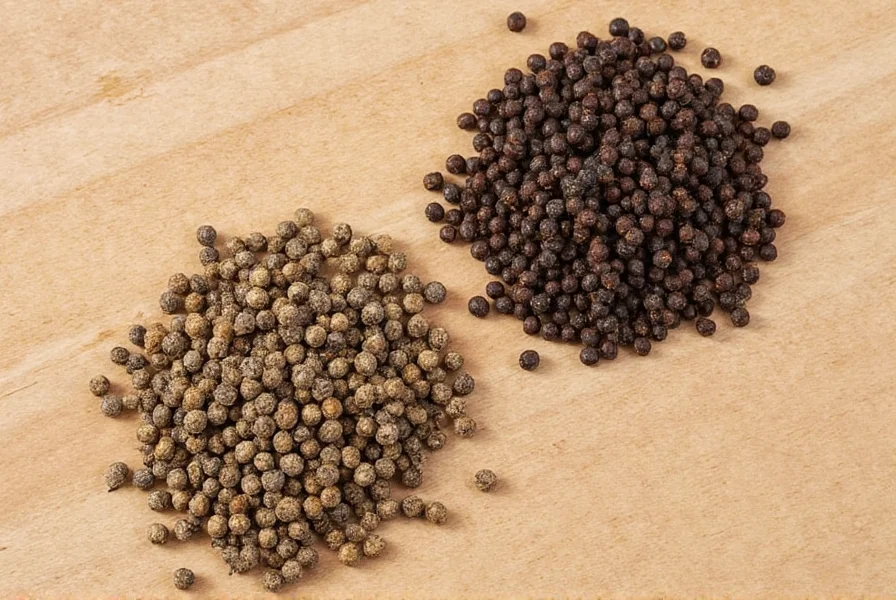
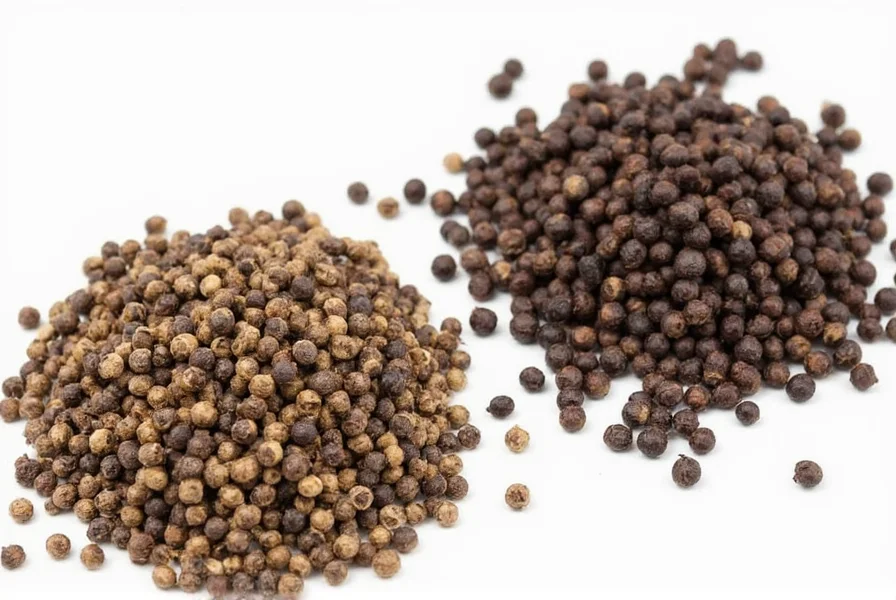

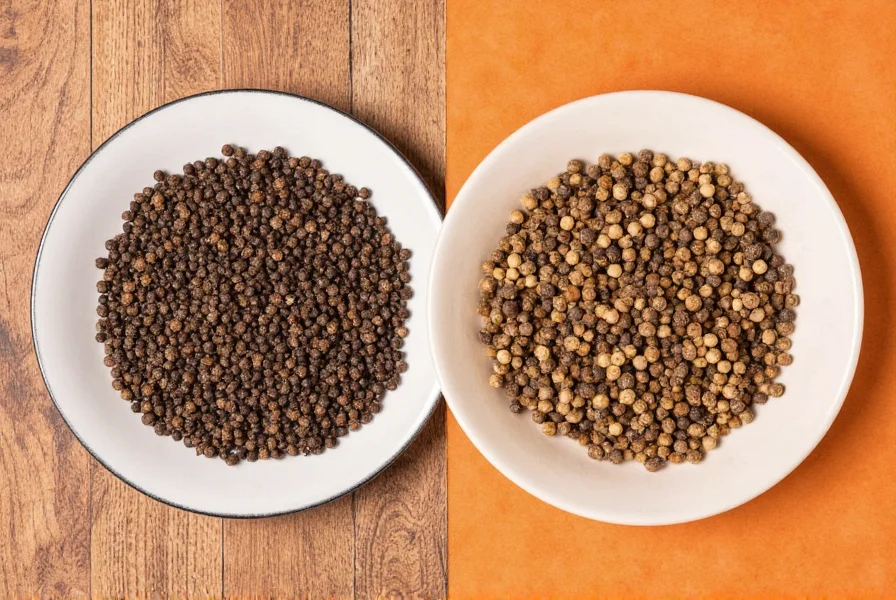
Flavor Profiles: How They Taste
One of the most interesting aspects of long pepper vs black pepper is their contrasting flavor profiles. Let's break them down:
Long Pepper
Long pepper offers a more nuanced and layered taste experience. It has a spicy kick, similar to black pepper, but with a sweeter, more floral undertone. Some describe it as having a smoky or woody note, which adds depth to dishes. It's not as sharp as black pepper, making it ideal for those who prefer a milder heat.
Black Pepper
Black pepper is known for its strong, biting flavor. It has a sharp, almost citrus-like bite that cuts through rich or fatty foods. The heat is more immediate and intense, which is why it's often used as a finishing spice. While it lacks the complexity of long pepper, its boldness makes it incredibly versatile.
So, if you're looking for something that adds depth and warmth, long pepper might be your go-to. If you want a punch of flavor that stands out, black pepper is the way to go.
Cooking Uses and Pairings
Both long pepper and black pepper have their place in the kitchen, but they shine in different contexts:
Long Pepper in the Kitchen
Long pepper is often used in traditional Indian and Middle Eastern recipes. It works well in meat dishes, especially lamb and chicken, where its subtle sweetness can balance the richness of the meat. It's also used in spice blends like garam masala and chai.
In some regions, long pepper is even used in desserts, such as spiced cakes and cookies, where its warm, sweet notes add a unique twist.
Black Pepper in the Kitchen
Black pepper is a kitchen staple. It's used in everything from soups and stews to salads and marinades. Its bold flavor makes it perfect for seasoning grilled meats, roasted vegetables, and even creamy sauces.
It's also a key ingredient in many classic dishes, including steak, pizza, and pasta. Black pepper pairs well with almost anything, which is why it's found in so many households around the world.
When choosing between the two, consider the dish you're making. If you're going for something traditional or seeking a more refined flavor, try long pepper. For a quick, all-purpose seasoning, black pepper is hard to beat.
Buying Guide: How to Choose the Right Pepper
Whether you're shopping for long pepper or black pepper, it's important to know what to look for. Here's a detailed guide to help you make the best choice:
Long Pepper Buying Tips
- Look for Whole Pods: Whole long pepper pods are fresher and retain more flavor than ground versions. They should be dry, firm, and free from mold or discoloration.
- Check for Aroma: High-quality long pepper has a strong, aromatic scent. Avoid any that smell musty or stale.
- Source Matters: Try to find long pepper from reputable suppliers or specialty spice shops. Online retailers like Amazon or direct importers can also offer good quality options.
Black Pepper Buying Tips
- Choose Fresh Peppercorns: Fresh black pepper has a more intense aroma and flavor than old or stale ones. Look for dark, plump peppercorns without cracks or signs of moisture.
- Opt for Whole Peppercorns: Ground black pepper can lose its potency quickly, so it's better to buy whole peppercorns and grind them yourself.
- Consider Origin: Different regions produce black pepper with varying flavor profiles. Indian and Vietnamese black pepper tends to be more pungent, while Indonesian varieties may have a smoother, woodier taste.
If you're looking for a long pepper vs black pepper comparison, keep in mind that each has its own strengths. Long pepper offers complexity and subtlety, while black pepper delivers boldness and versatility.
Conclusion
The long pepper vs black pepper debate isn’t about which one is better—it’s about which one fits your taste and needs. Both spices have their unique qualities and can elevate your cooking in different ways. Whether you're experimenting with new flavors or sticking to time-honored traditions, understanding the differences between these two peppers can help you make more informed choices in the kitchen.
Next time you reach for your spice jar, consider giving long pepper a try. You might just discover a new favorite that adds depth and intrigue to your meals. And remember, no matter which pepper you choose, the right seasoning can transform a simple dish into something truly memorable.
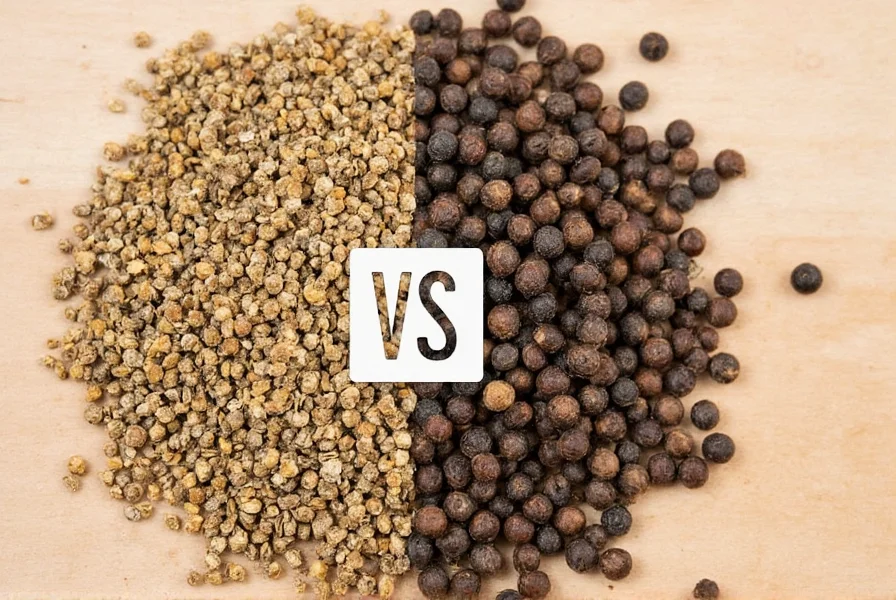
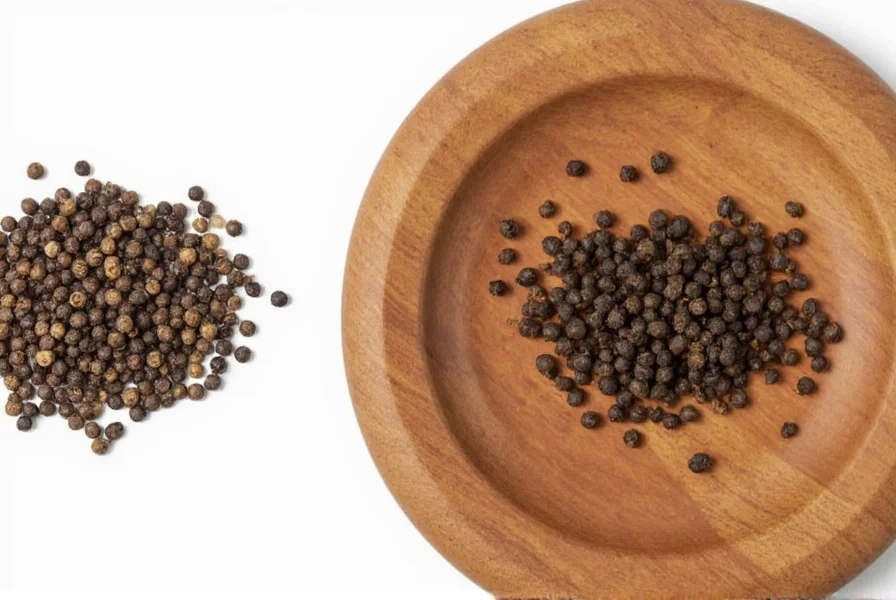
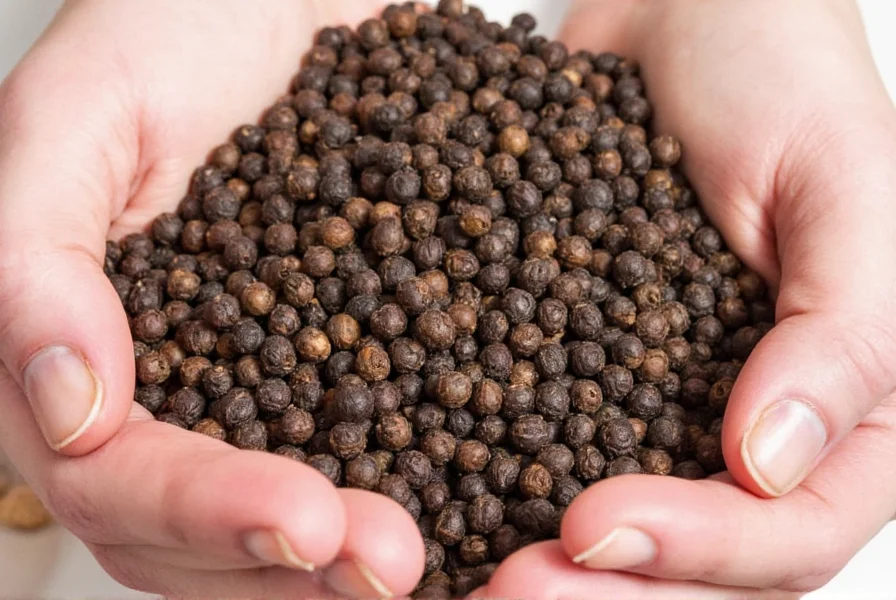
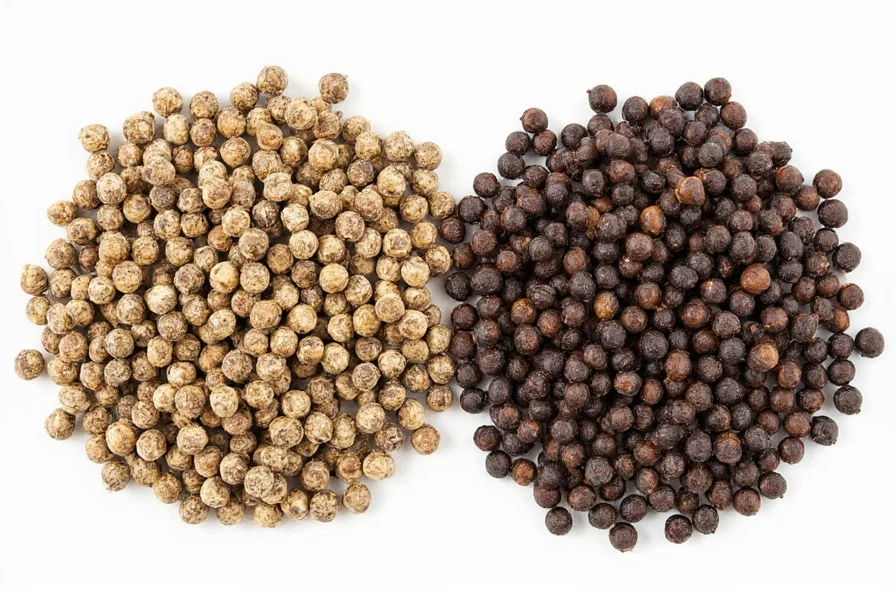
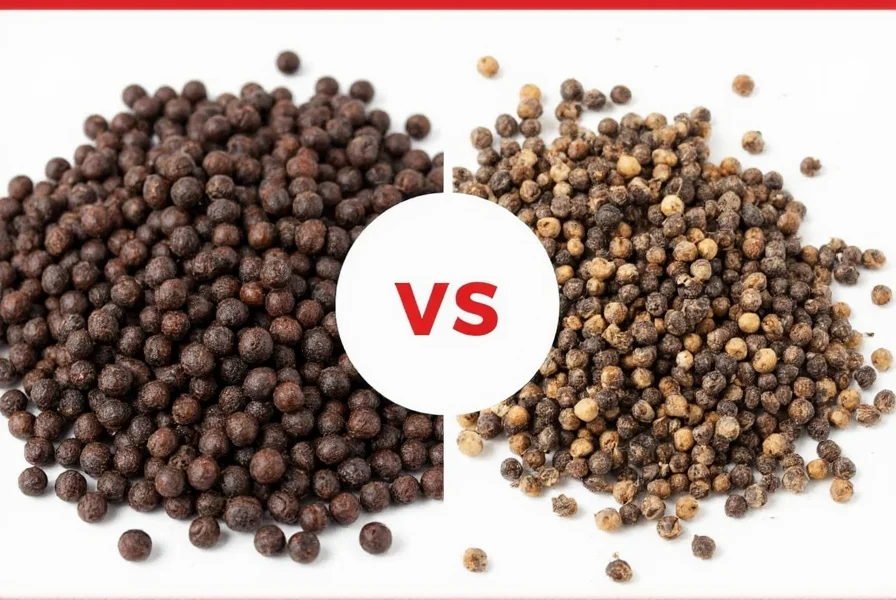

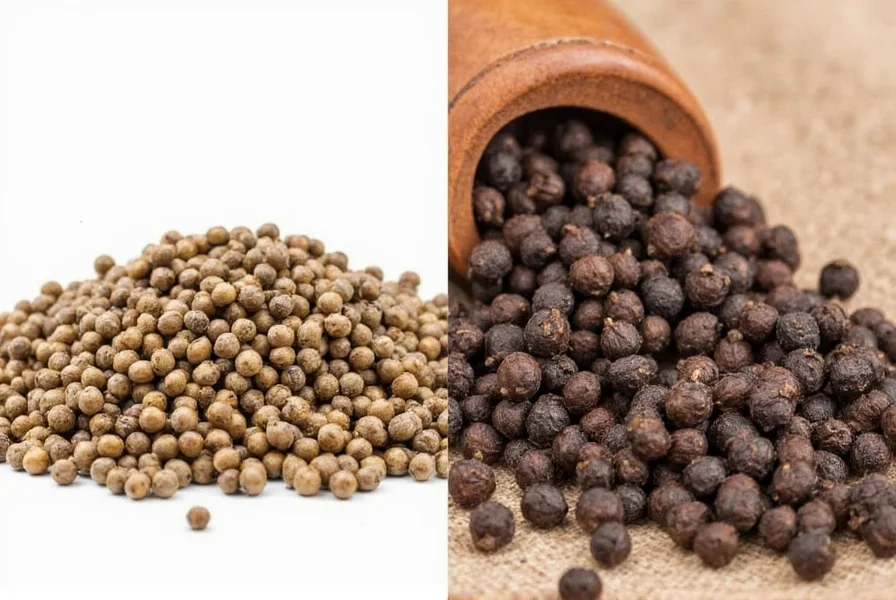









 浙公网安备
33010002000092号
浙公网安备
33010002000092号 浙B2-20120091-4
浙B2-20120091-4